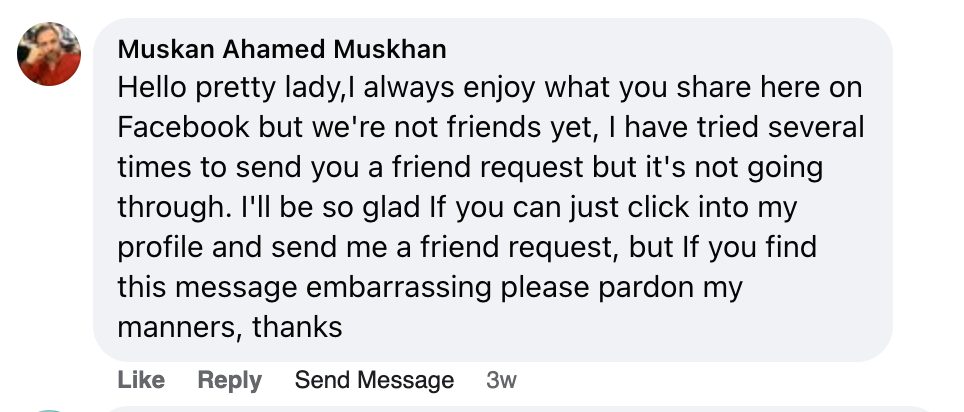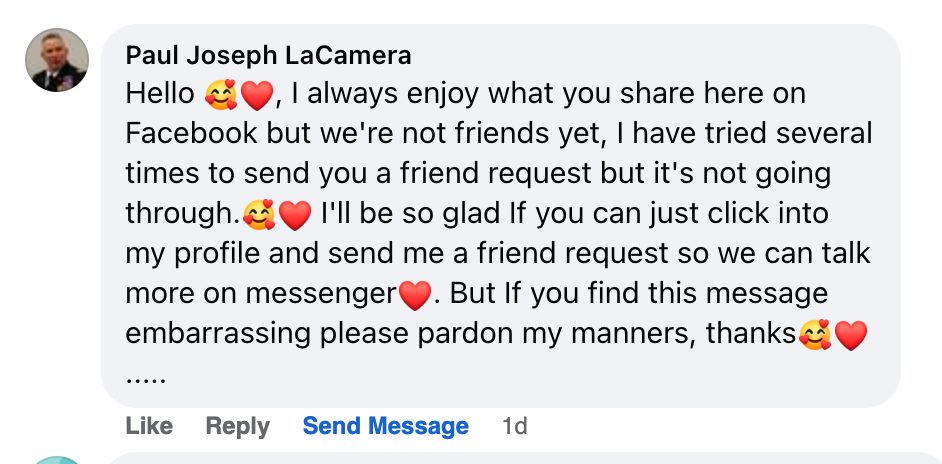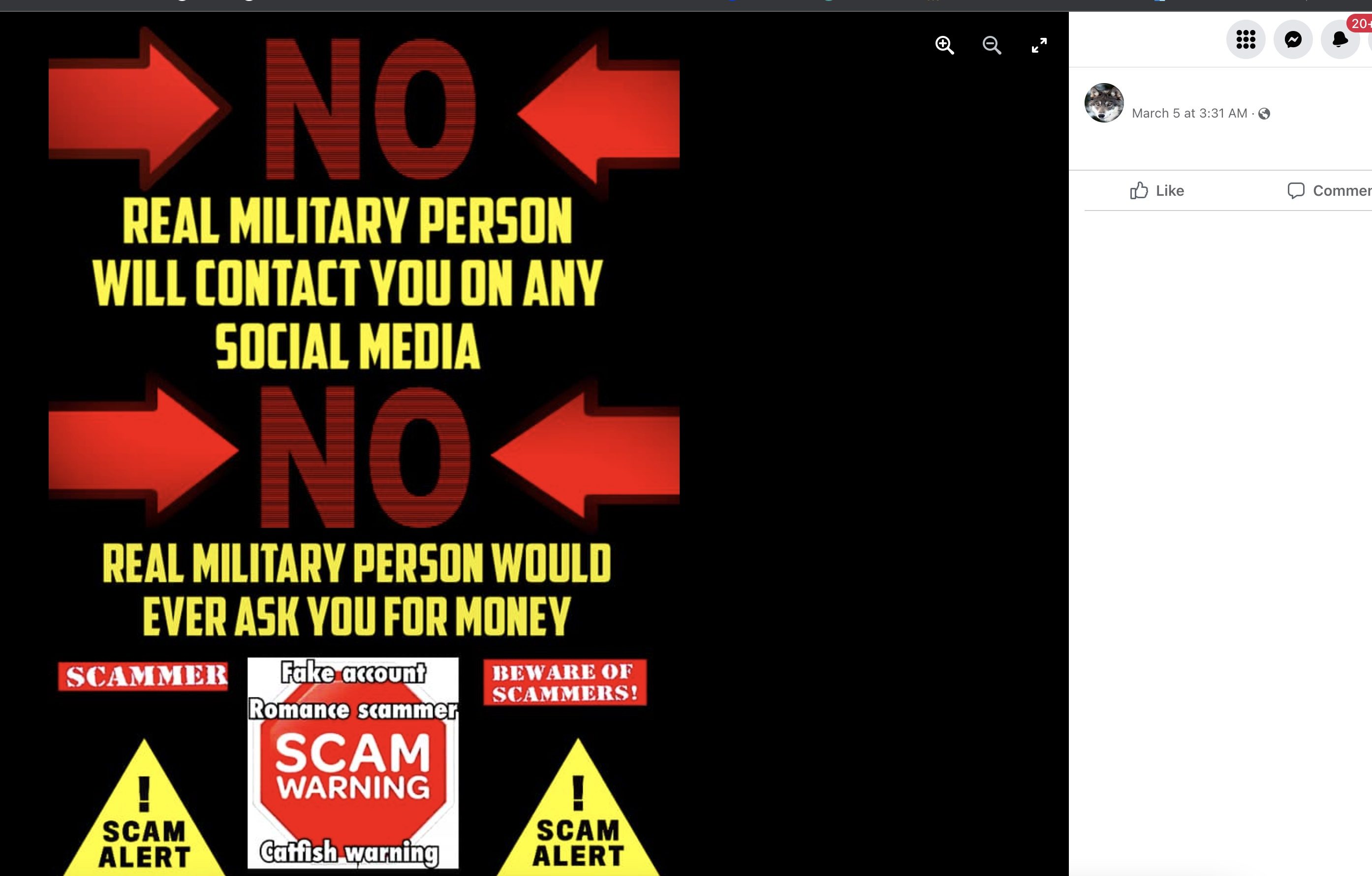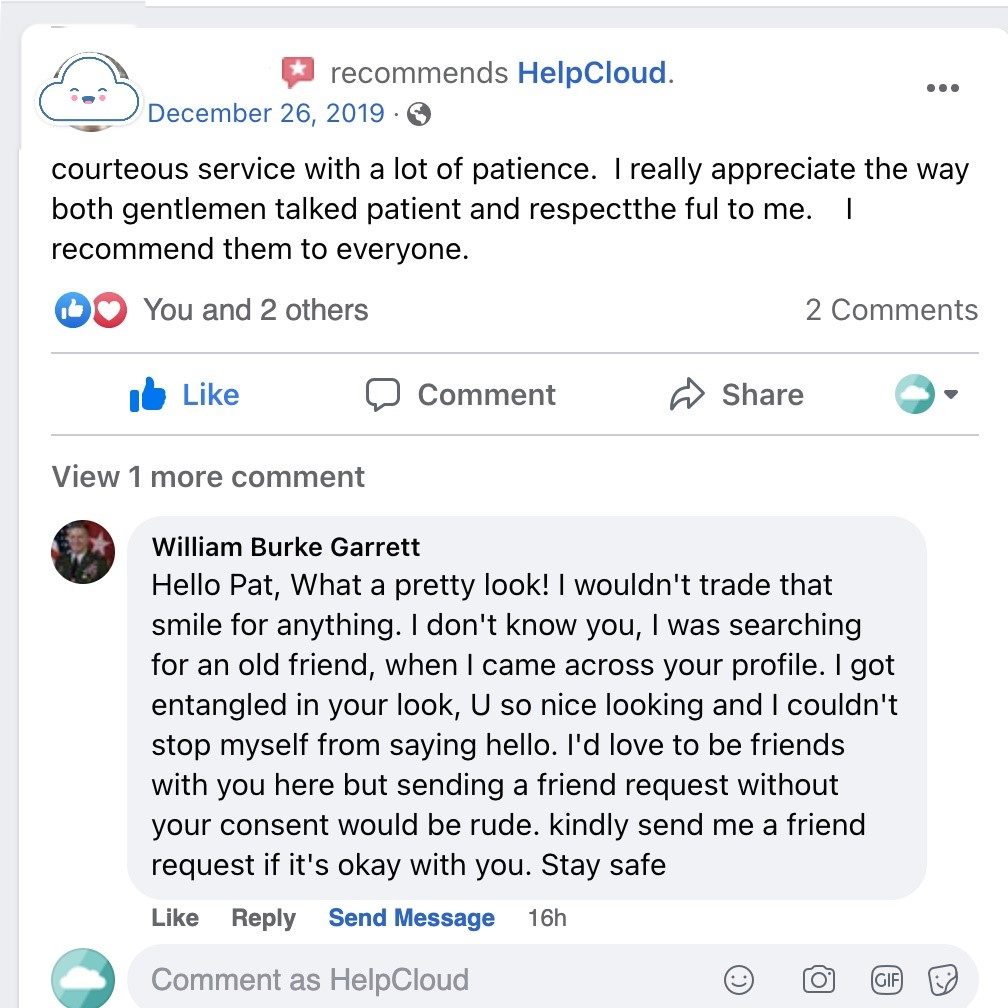The digital age has brought some amazing advancements which have greatly helped society in many undeniable ways. The impact that technology has had on the health sector is astounding, not to mention the giant leaps in space exploration and community infrastructure.
That said, though, there are always two sides to every coin, and so it is in this case. Not only has technology brought with it great benefits, it has, unfortunately, also opened up a plethora of ways for crooks and criminals to reach thousands more targets and scam the unwary out of their hard earned savings and information.
When the world was hit by a global pandemic, it drove people ever more frequently to the use of social media to keep in touch with loved ones and socialize with friends.
For some, it became the only way they could have any sort of contact with other people at all and sadly this gave the multitude of dark web deceivers the optimum opportunity to worm their way into the lives and affections of the unsuspecting.
A crucial thing to keep in mind is that scammers have been around for years (long before there was internet) and have become more wily and brazen as time goes by. Sadly, individuals are still being scammed, despite precautions. One of the many scams that are circulating the web has been dubbed the 'Military Romance' scam, and for good reason.
What Is The Facebook Military Romance Scam?
The Military Romance scam is not a new one by any means, although it is definitely becoming more and more popular with scammers as people have become so reliant on online communications the past two years due to the pandemic.
What happens is that scammers will take on the identity of current service personnel, create fake profiles on Facebook and then proceed to search through Facebook to find targets.
They generally target women who are widowed or single and then they send out a flood of messages to as many as possible, pretending to be romantically interested in their victims. Online dating has always been a bit of a risky past time but these days it is becoming even more so.
These romance scammers are adept at what they do and are capable of making their victims believe that they genuinely care about them and want a relationship. They are able to sound believable and are pros at getting their victims to trust them.
How It Works
How it works is that the scammer will use the photos and information of real service members, which makes their story more believable and their targets are more likely to trust them without question. They will always target the more vulnerable as well as those who are avid supporters of the military or who purport to be donators of the military.
Almost immediately the imposter will use terms of endearment. This is a huge red flag and should really put you on your guard at once. They will leave a comment on your Facebook page paying you a compliment and asking you to add them as a friend as they don't want to add you first because they don't want you to think them impertinent or rude.

They will generally move very quickly and once a relationship has been entered into they will escalate and make promises of a future together. This often happens within the first few weeks of adding them on Facebook. Once they know you're hooked, they will start to ask you for favors such as financial aid or even gift cards -- which they later sell on the black market for a profit.

The scammer will also ask you to shift the conversation to Google Hangouts or WhatsApp once you're chatting, in case Facebook blocks or deletes their account.
Red Flags to Watch for
There are a few red flags to be on the lookout for which will help you to be more on your guard so that you don't become a victim. One of the reasons that people fall victim so easily to this Military Romance scam is because they are unaware of military protocol.
The first red flag is one of the biggest - if they ask you for money because they can't access their bank account or if they ask you for your banking details so that their pay can be deposited into your account.
You should never give your banking details to anyone except those in your trusted circle, especially not to someone you have never met and never via online portals such as Facebook or messenger.

Another red flag would be that they won't do voice or video calls. This is because they don't look anything like the person they are pretending to be, and you will be able to hear in their voice immediately that they are an imposter. If they always have an excuse why they can't do a voice call, video call or even meet in person then you know they're out to scam you.
Then there is the request for money to pay for housing or food. This is undeniably false as the military take care of their active duty or retired career service members. They will never be left without housing and will not need money to pay for food.
Added to this, if you're asked for money to help pay for a medical procedure, you're being scammed. All military service members have full medical coverage for themselves and immediate family members and will not need you to help them to pay for any medical procedures.
Yet another red flag is having an unknown person, claiming to be a commanding officer, phone you and ask for donations, gift cards or money. A real commanding officer will never phone civilians for any reason at all.
Something else to keep in mind is that a high ranking commanding officer will not ever reach out to a civilian when a service member is going to take leave. Service members are not required to pay money in order to be able to go on leave. If you get asked to send money so that they can go on leave, you will know they're an internet crook and can then take the necessary steps.
Another dead giveaway is that they claim to be in the military but their grammar and spelling is definitely not what you'd expect from a native English speaking person. The phrases they use are exaggerated and they also use an excess of endearments. This ought to immediately alert you and put you on your guard.
How to Avoid Being Scammed
So how can you make sure that you avoid falling into the net of these online romance scammers? Other than keeping an eye open for the red flags mentioned above, you can also take a few extra precautions.
Don't just blindly trust what someone tells you online. Make sure that you do your research and really check out their online profile. If they only have a few friends on Facebook and not much on their timeline then ten to one it's a fake profile.
Be extra aware if they immediately use terms of endearment and ask you to send photos of yourself or ask for personal information. If they say they're looking for an honest woman (or man) or if they say they have children being looked after by a nanny or guardian, it's probably a scam.

Above all, trust your gut. If something seems a little too good to be true then it most likely is. If the person seems like they are too perfect, they probably aren't who they say they are. All relationships take time and someone who professes their love soon after getting in touch with you is not being honest.
It is especially important to be informed -- always check the facts when it comes to claims about the military. These scammers will make brazen claims that simply are not true, such as stating that they need to pay a commanding officer so that they can go on leave or that they need to pay for housing and food while out on deployment. As long as you're informed about the way the military works, you will be able to stay one step ahead of the scammers.
Unfortunately, there isn't too much that can be done about these scammers because as soon as one account gets shut down by Facebook, another one will be opened up in its place.
Added to this, if you have been scammed there is a slim to none chance of ever having your money recovered and you will have to chalk it up to experience learned the hard way.
Adding an extra layer to your security, not blindly adding people to your contact list and also treating all newcomers to your Facebook page with healthy skepticism is a good way to avoid being scammed. After all, a scam is just a scam if you fall for it -- and if you're prepared then the chances of falling for one of these scams is far less likely.
As always, if you're needing any kind of additional help navigating internet scams, consider reaching out to HelpCloud technicians for remote support.

